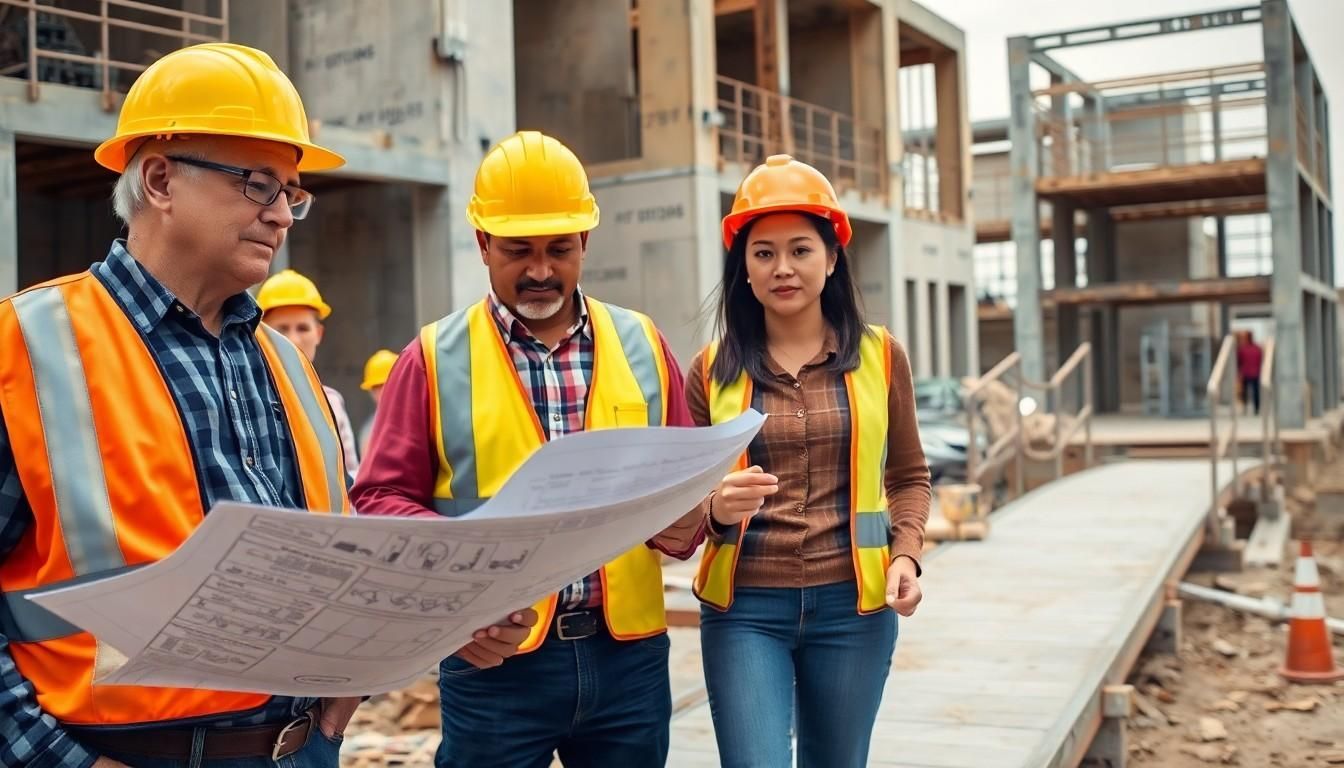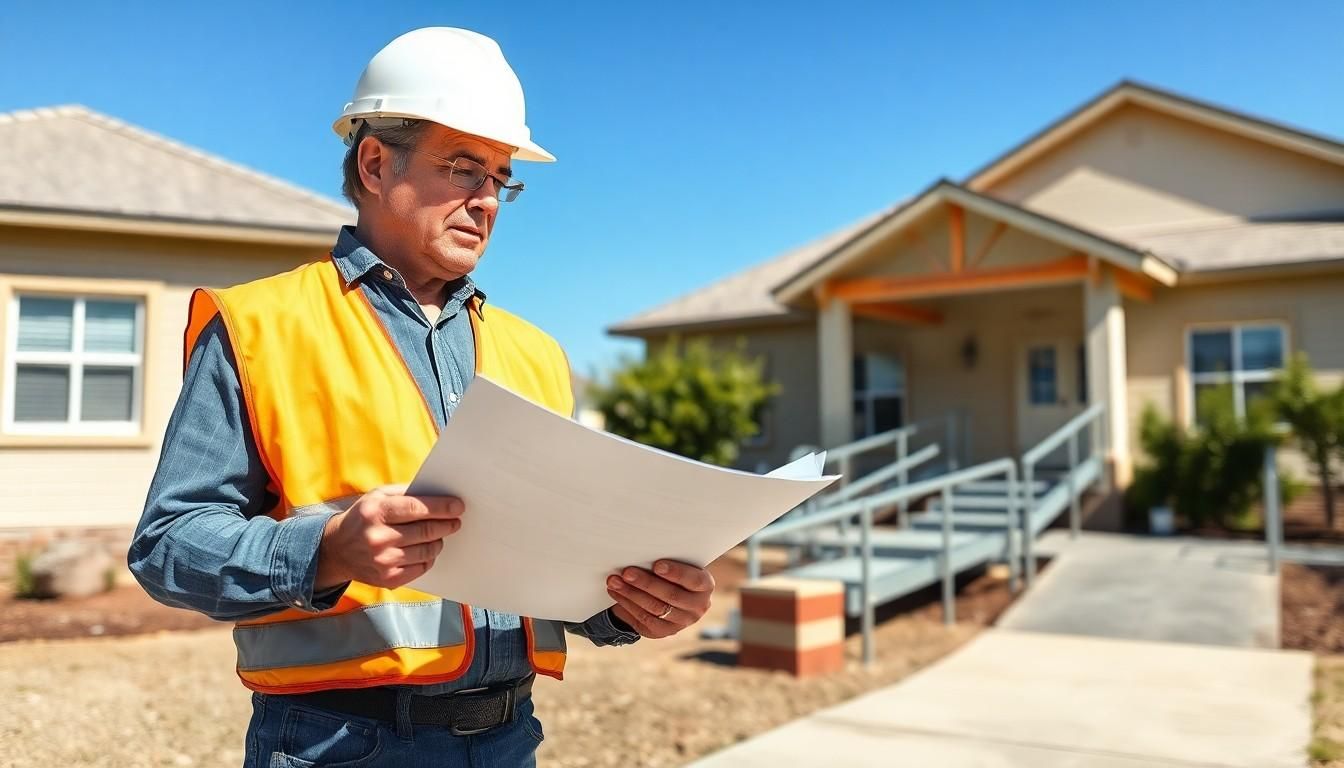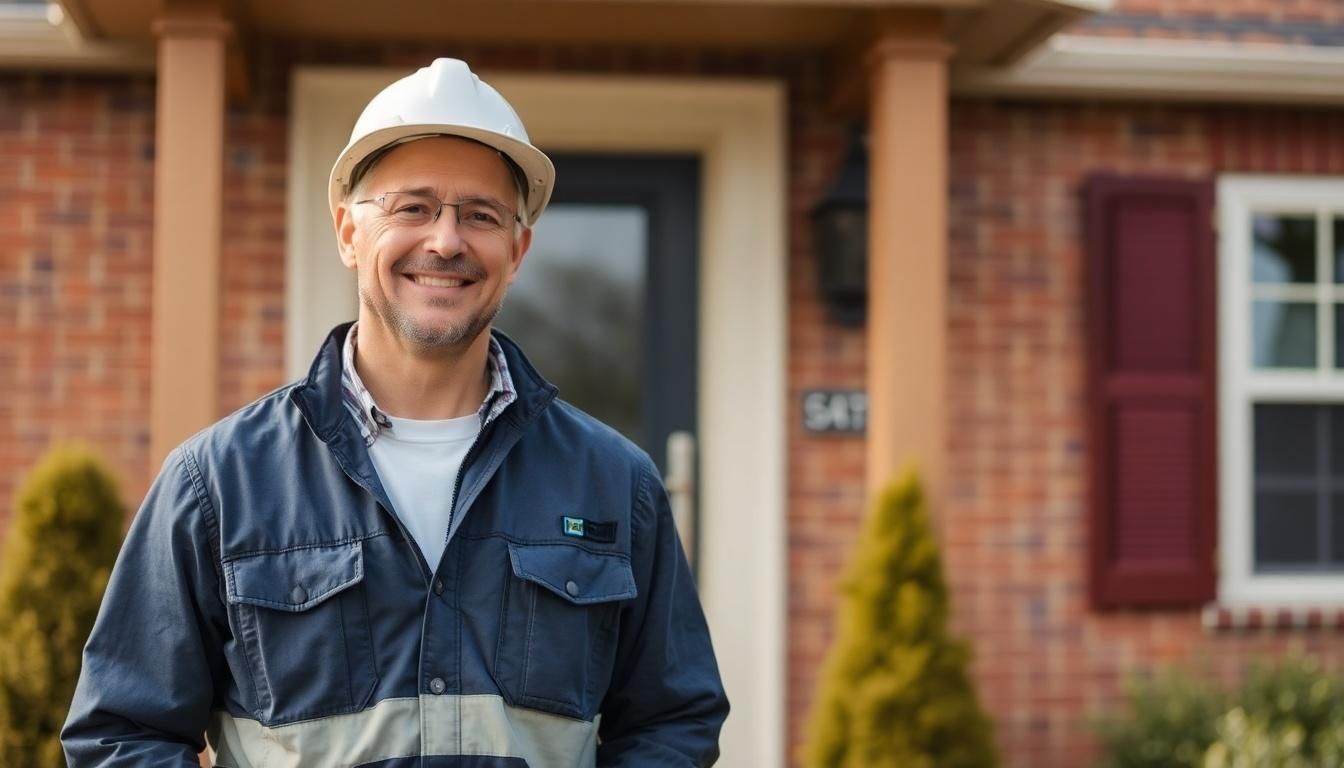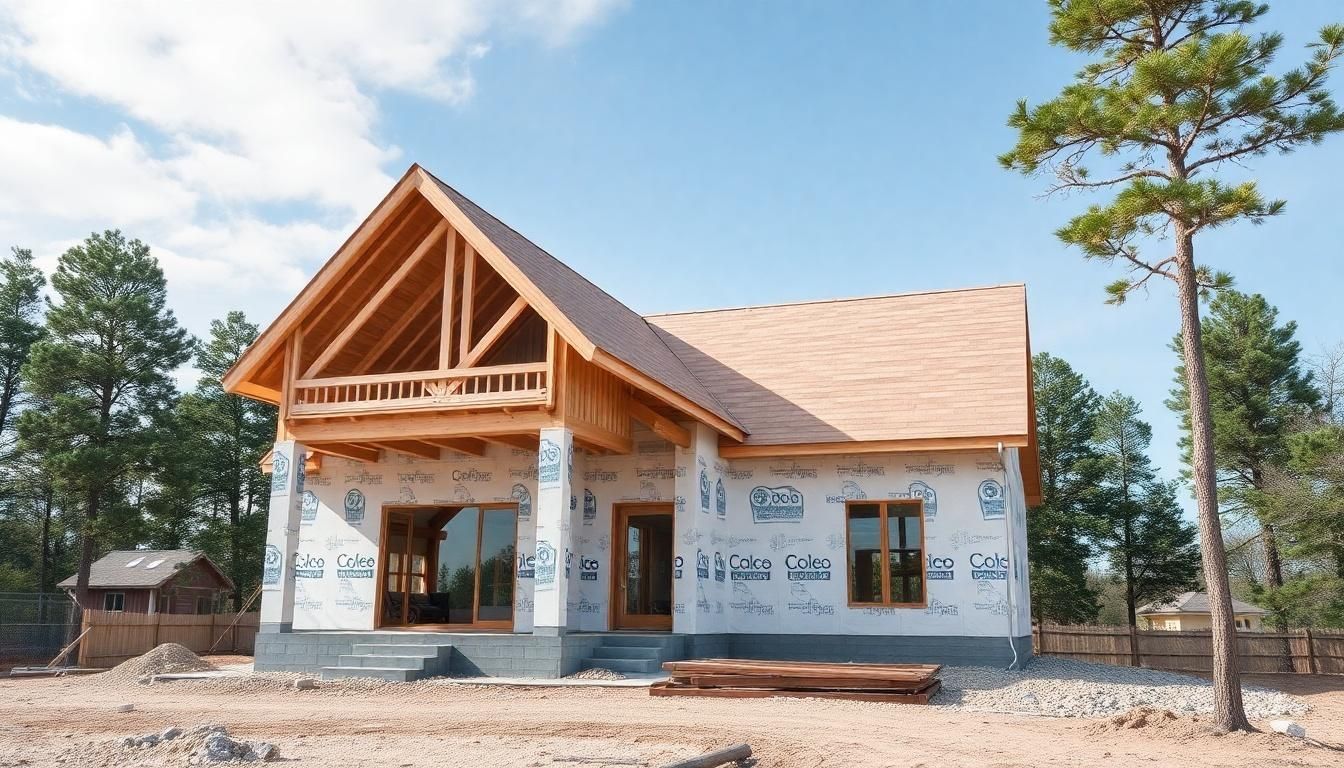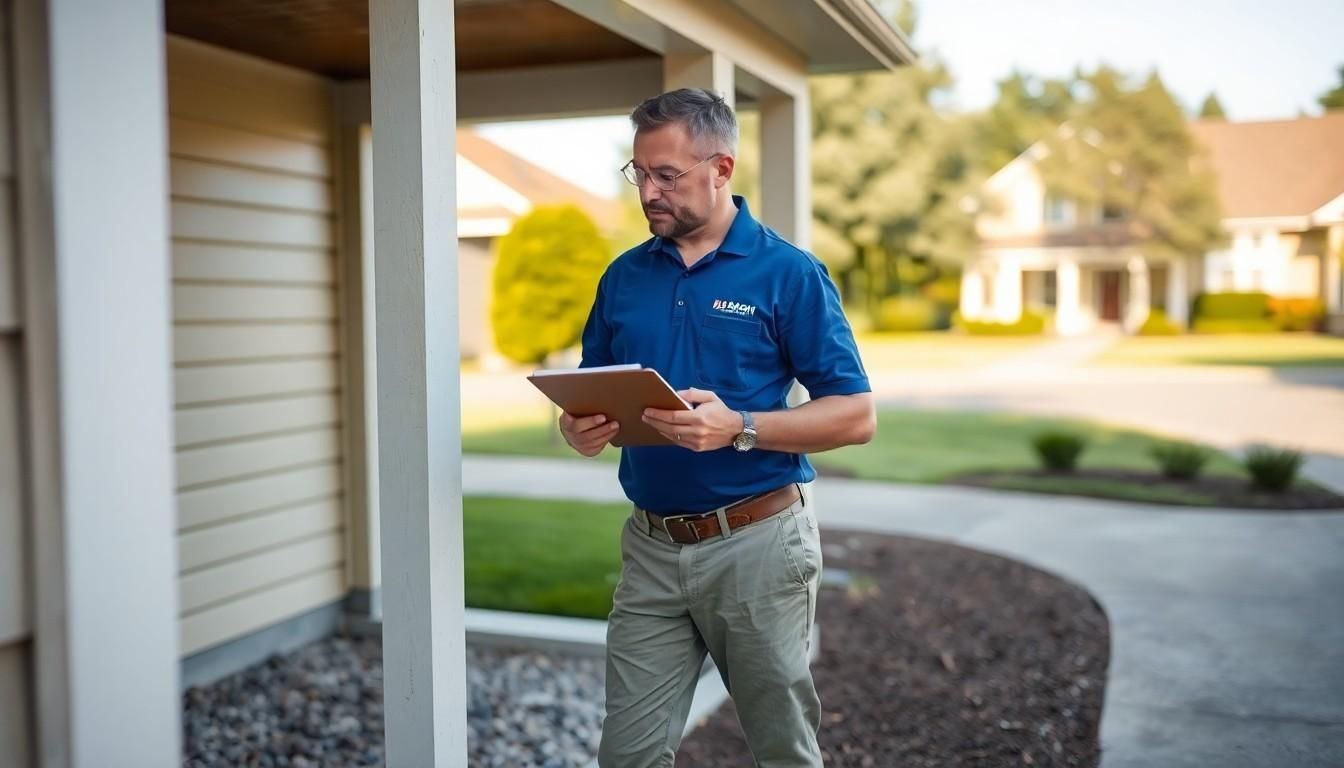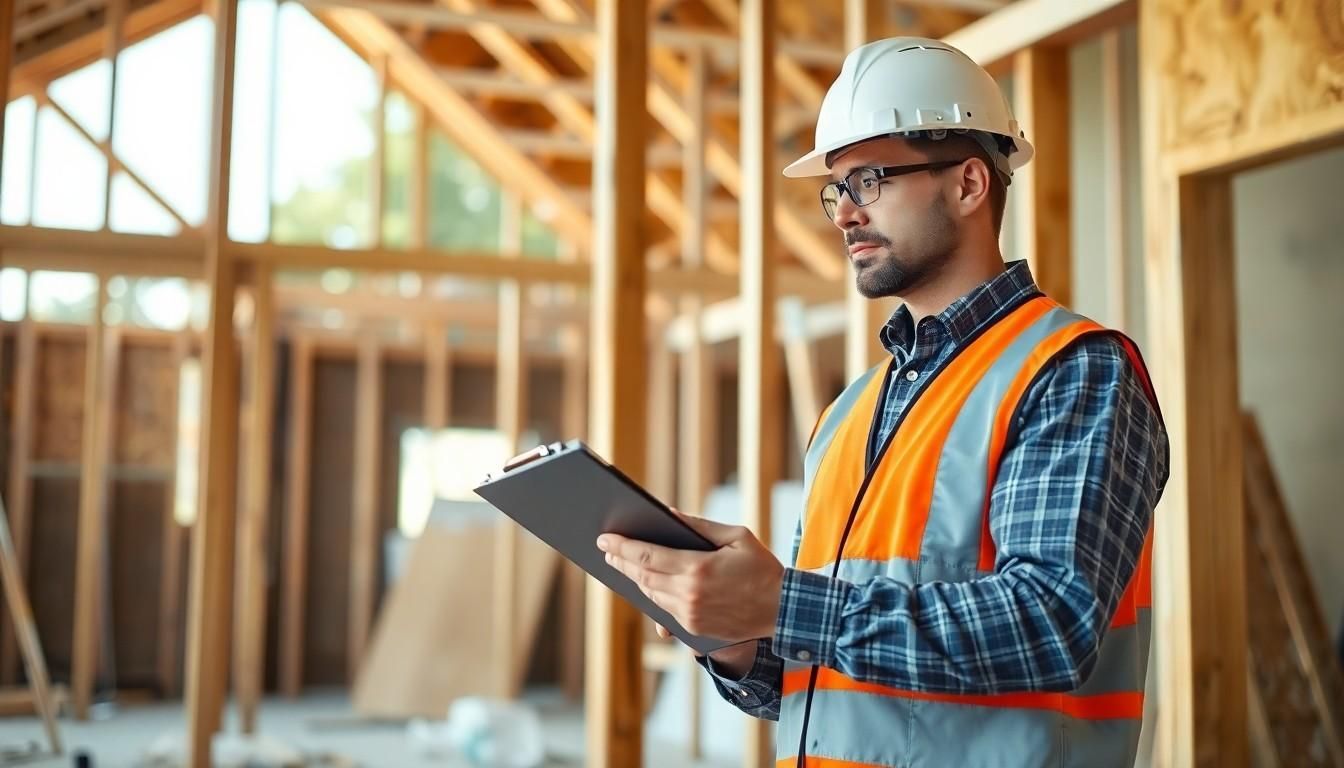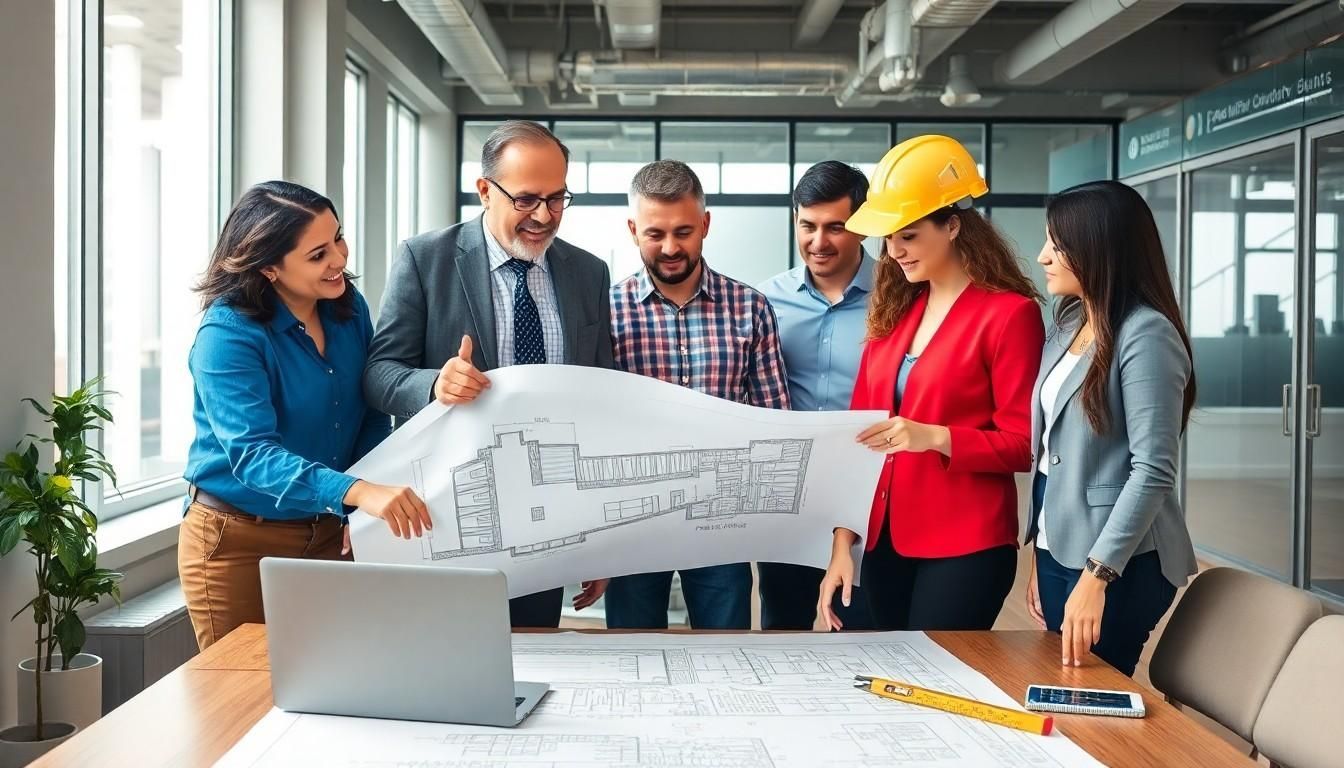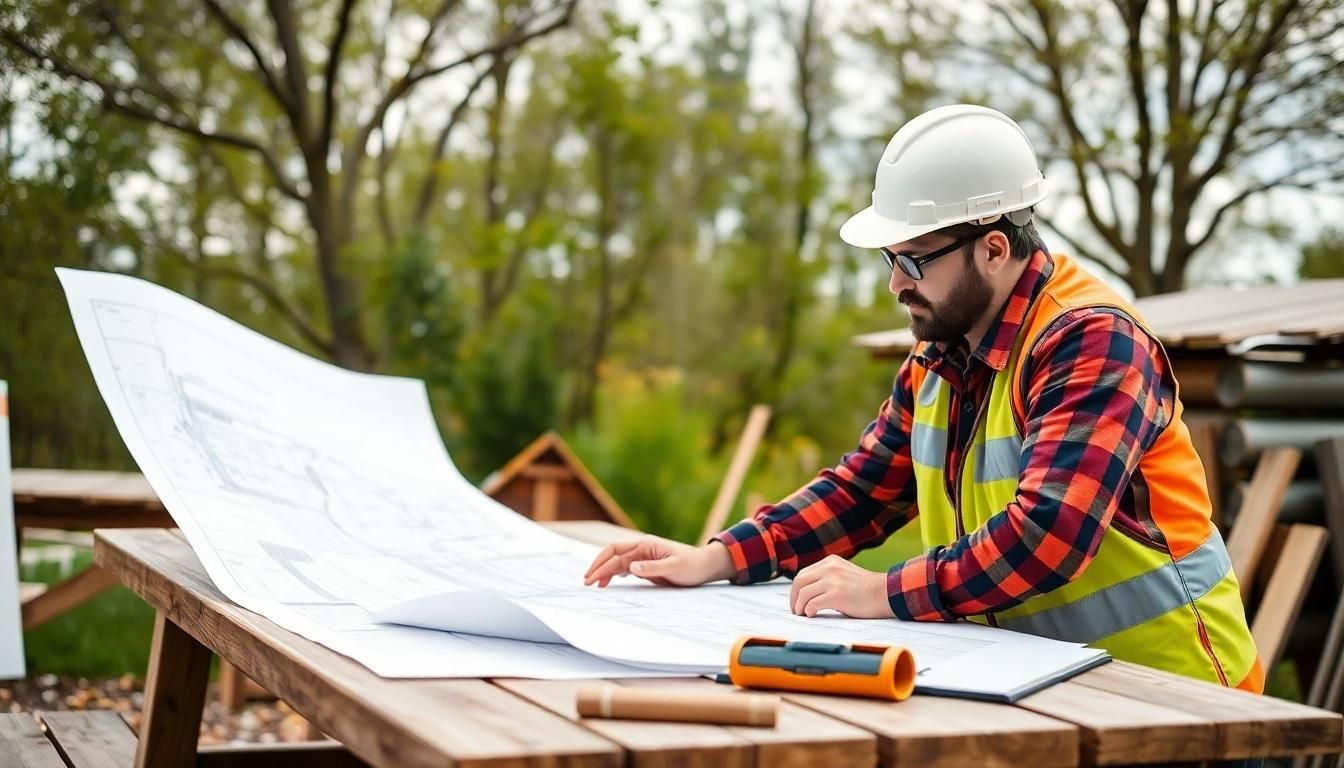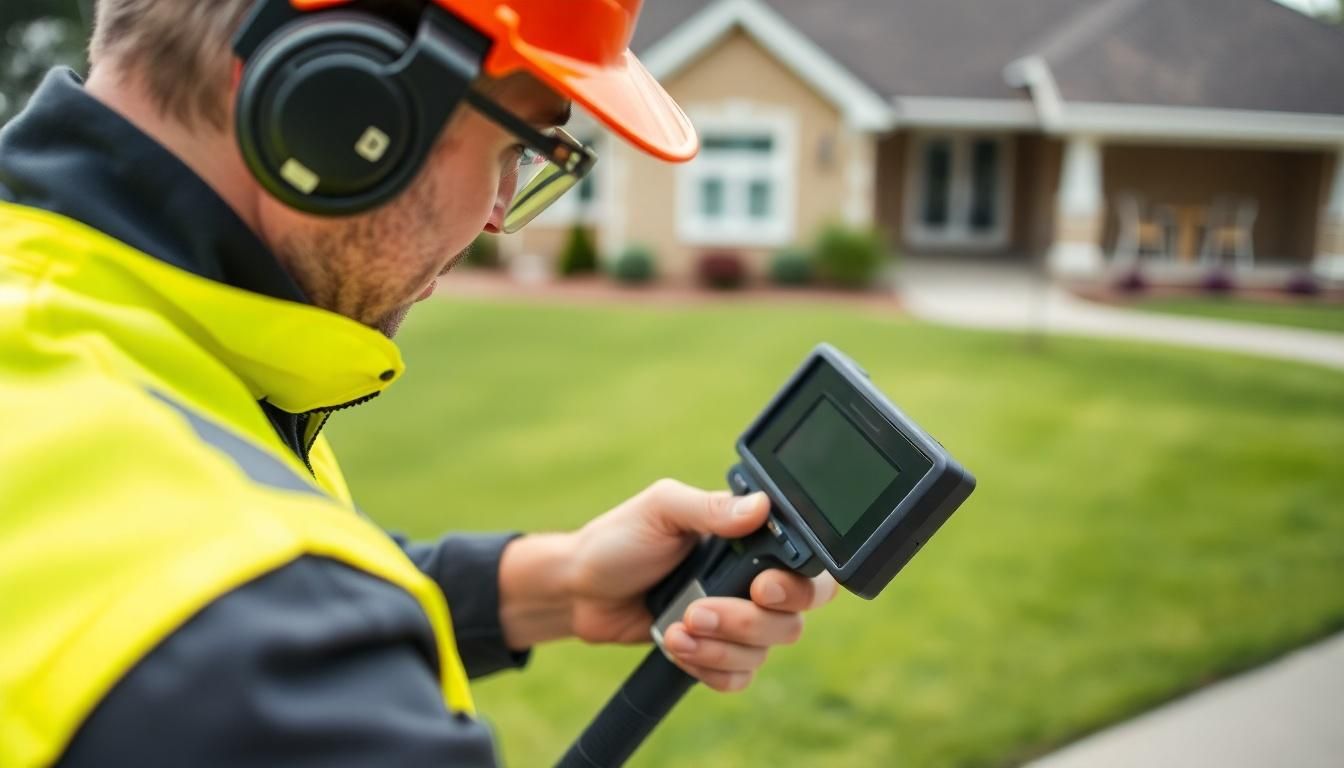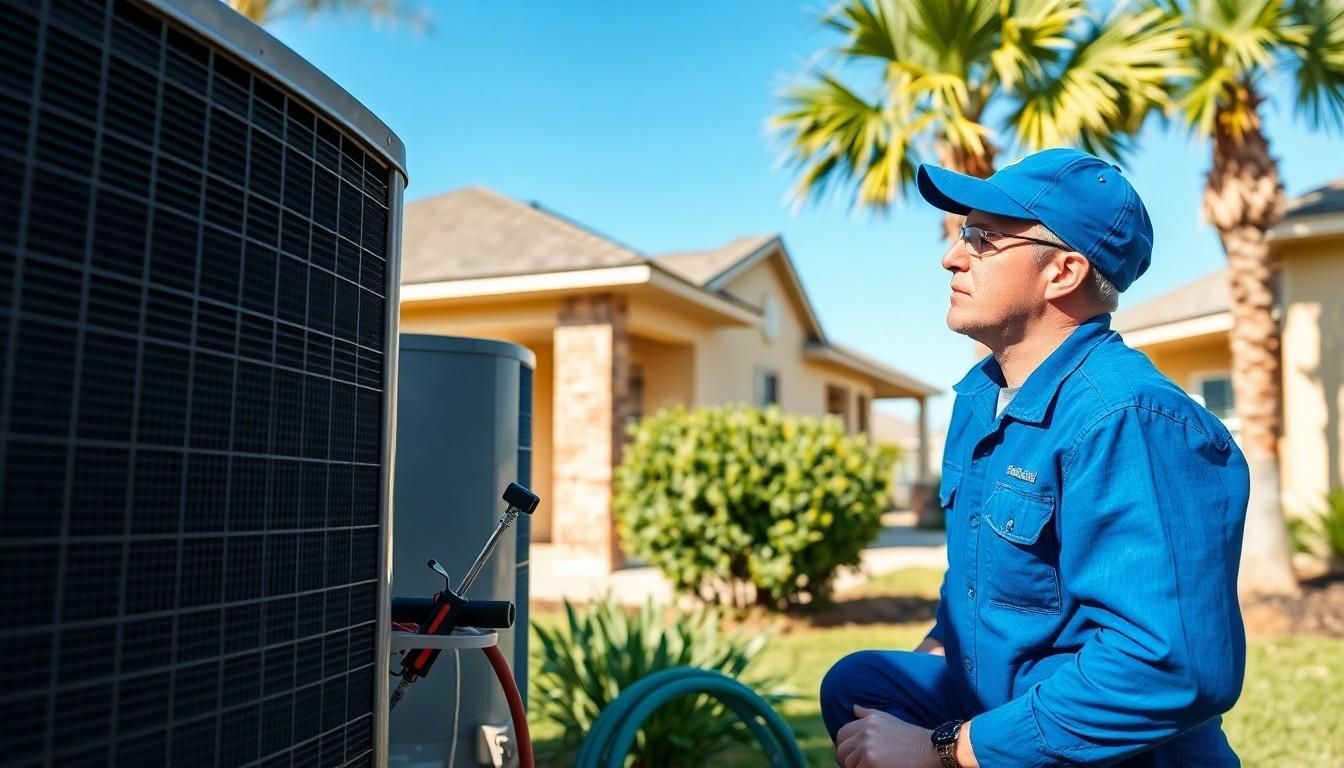Types of Home Inspections Every Buyer Needs
- Home inspections evaluate property condition, identifying potential issues affecting value and safety.
- Inspected elements include: structural components, roofing, electrical and plumbing systems, HVAC, and built-in appliances.
- Specialized inspections focus on structural integrity and foundation issues.
- Essential systems (electrical, plumbing, HVAC) ensure safety and efficiency.
- Environmental inspections for mold, radon, and asbestos protect health.
- Pest inspections identify risks from pests like termites and rodents.
- Additional inspections cover roofs, chimneys, and well water for potential hazards.
- Thorough inspections help buyers negotiate repairs and maintain property value.
Ever wondered if skipping a home inspection can really cost you big time? In the competitive world of real estate, understanding the types of home inspections every buyer needs can be a game-changer. These inspections are not just a formality; they're an essential step in safeguarding your investment.
From uncovering hidden structural issues to ensuring the safety and efficiency of electrical systems, a thorough inspection can identify problems that might not be visible to the untrained eye. Explore the full range of inspections to avoid costly surprises and make informed purchasing decisions.
Understanding General Home Inspections
A general home inspection evaluates a property's condition, giving buyers detailed insight into their potential new home. This process helps identify existing or potential issues that could affect value or safety. By recognizing these concerns early, buyers can make informed decisions, negotiate necessary repairs, or adjust offers.
These are the necessary inspections you need to carry out before you swipe that card:
- Structural elements
- Roofing
- Walls
- Foundation
- Exteriors
- Electrical systems
- Plumbing
- HVAC (Heating, Ventilation, and Air Conditioning)
- Insulation and ventilation
- Built-in appliances
These inspections assess all critical components, helping to identify necessary repairs and negotiate terms with sellers. Ultimately, buyers gain confidence, knowing the home's condition and future maintenance needs are clear.
Specialized Inspections: Structural and Foundation
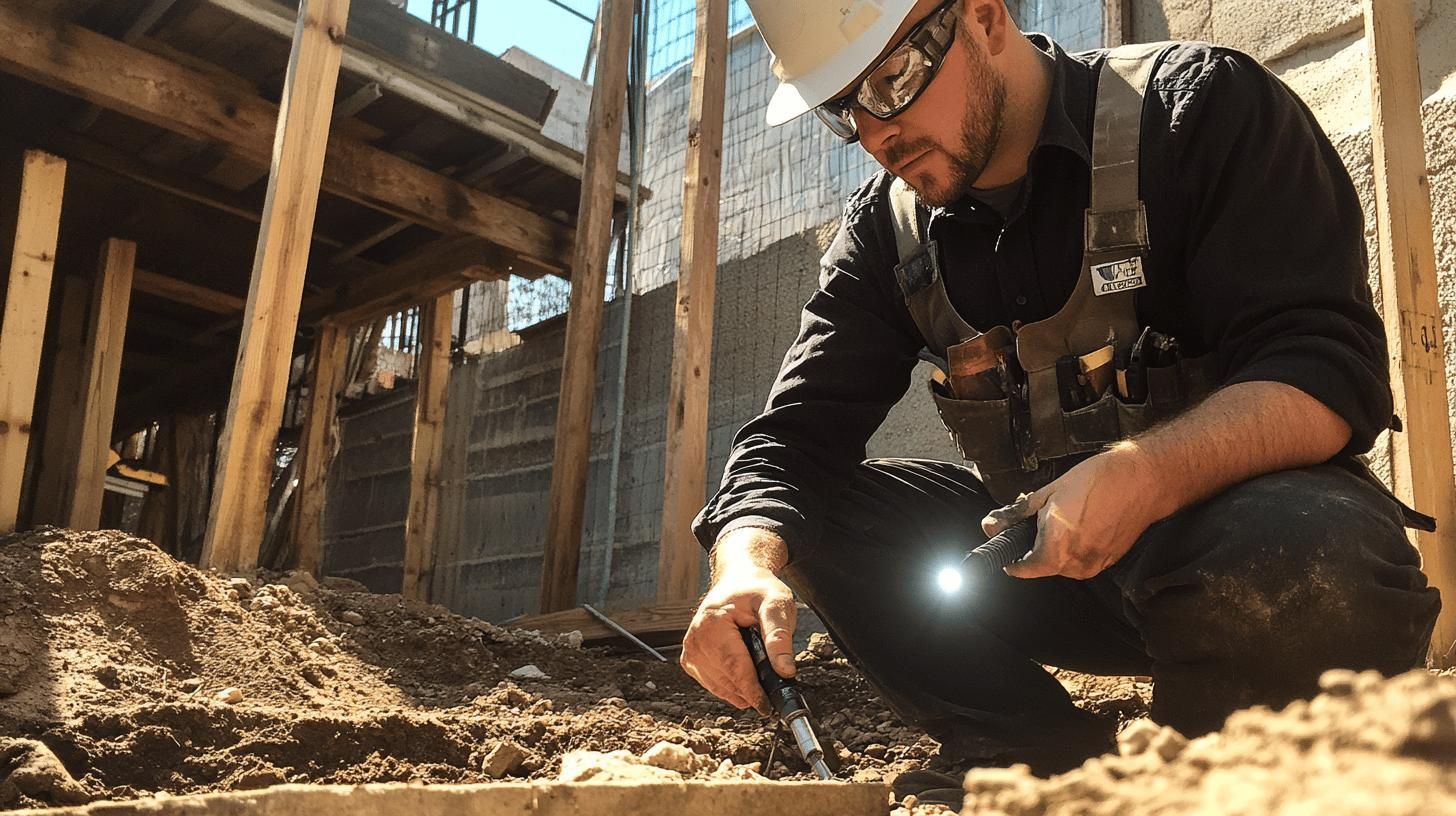
Structural inspections evaluate a home's fundamental components like foundation, walls, roof, and framework. These inspections ensure the property is safe and stable, providing peace of mind to buyers. By examining structural soundness, buyers can spot major issues affecting longevity and safety.
Foundation Inspection Details
Foundation inspections detail a property's base, spotting issues like large cracks, uneven floors, and settling signs. These problems impact value and safety; for example, large cracks hint at structural failures, while uneven floors hurt usability and marketability. Early issue detection allows buyers to negotiate repairs, saving costs in the long run.
Prompt structural repairs enhance safety and preserve market value. Buyers investing in thorough inspections make informed decisions, safeguarding their investment and ensuring future occupant well-being.
Essential System Inspections: Electrical, Plumbing, and HVAC
Checking essential home systems ensures safety and functionality. These systems—electrical, plumbing, and HVAC—are vital for livability and efficiency. Evaluating them lets buyers identify potential issues that may pose safety hazards or lead to costly repairs.
1. Electrical Inspection
An electrical inspection assesses the system's condition, focusing on wiring, outlets, and panels. Its primary goal is safety and code compliance. Inspectors check for frayed wiring, faulty outlets, and overloaded panels, which can cause fires or failures. Ensuring compliance with city codes offers peace of mind.
2. Plumbing Inspection
Plumbing inspections check for leaks, blockages, and pipe conditions. Preventing water damage is key. By addressing dripping faucets, clogged drains, or corroded pipes, buyers can avoid costly repairs. Proper plumbing delivers and disposes water safely and efficiently.
3. HVAC Inspection
HVAC inspections evaluate heating and cooling systems for efficiency and safety. Common issues include inadequate airflow, faulty thermostats, and worn-out components. Fixing them can cut energy bills and improve comfort. Maintenance or upgrades boost energy efficiency and reduce costs.
Inspecting for Environmental Hazards: Mold, Radon, and Asbestos
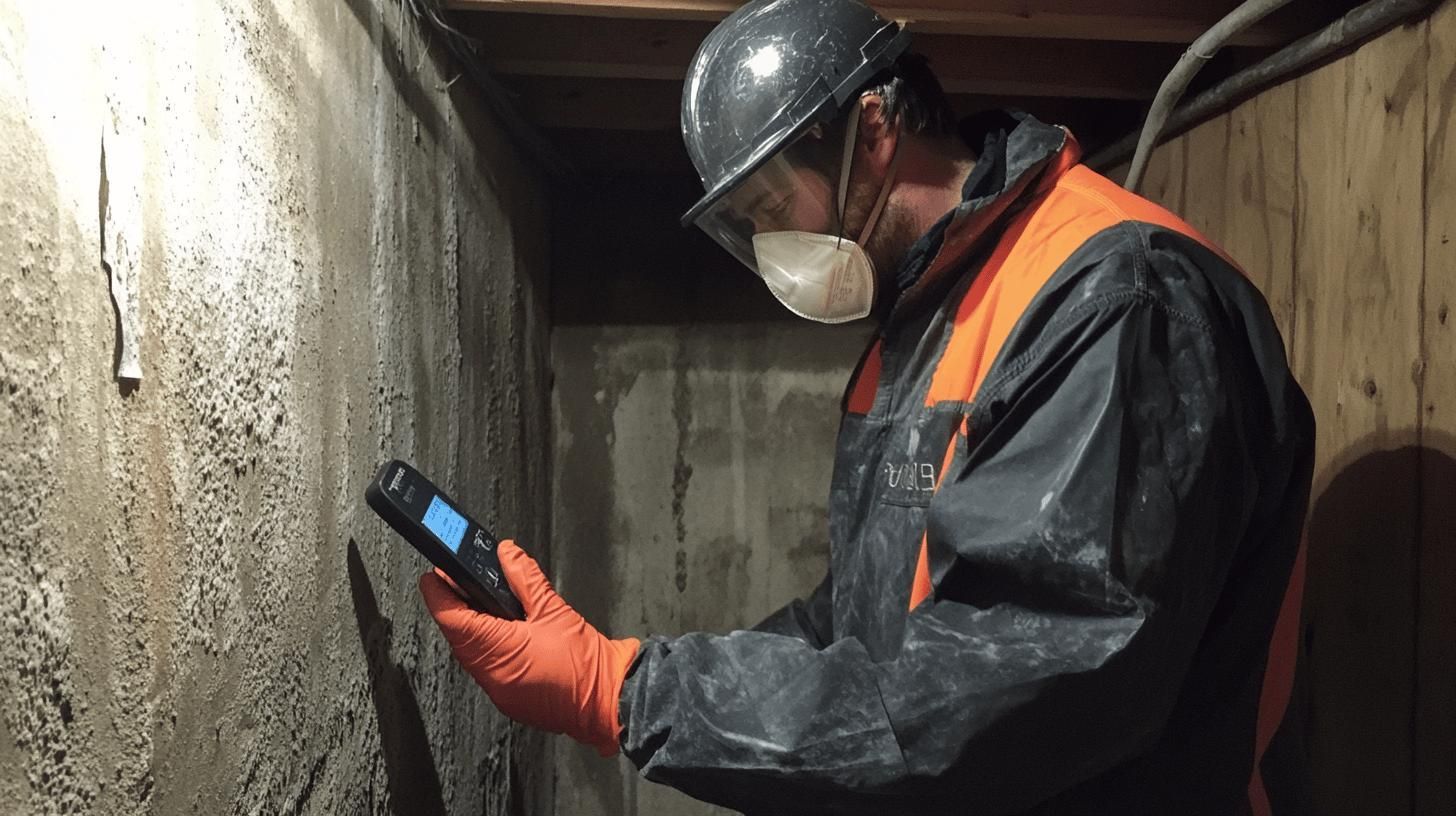
Environmental hazards pose health risks and affect property value. Detecting and fixing them early protects health and ensures safety. Mold, radon, and asbestos are key concerns to inspect during home buying.
1. Mold Inspection
Mold inspections identify mold presence and moisture sources that aid its growth. The process includes visual assessments and air quality testing for hidden spores. Mold can cause respiratory issues, allergies, and health complications, so prompt addressing is crucial. Ensuring mold-free properties safeguards health and avoids costly remediation.
2. Radon Inspection
Radon, a carcinogen and the second leading cause of lung cancer, necessitates inspection. Testing is especially vital in areas with basements where gas accumulates. Buyers should prioritize inspection to understand exposure levels and mitigate if needed.
3. Asbestos Inspection
Asbestos inspections matter for pre-1990s homes where it was common in materials. If present, trained professionals must remove it to prevent lung cancer risks. Inspections protect occupant health and property integrity.
Thorough inspections for mold, radon, and asbestos prevent health issues and financial liabilities. They protect residents and preserve property value, making them essential in home buying.
Pest and Wood-Destroying Insect Inspections
Pest inspections safeguard a home's structure and prevent costly damages. Identifying rodents and pests early avoids severe deterioration needing expensive repairs. Spotting infestations before worsening ensures intact, safe frameworks for inhabitants.
Pests to be on the lookout for are:
- Termites
- Carpenter ants
- Rodents
- Powderpost beetles
- Carpenter bees
Additional Inspections: Roof, Chimney, and Well Water
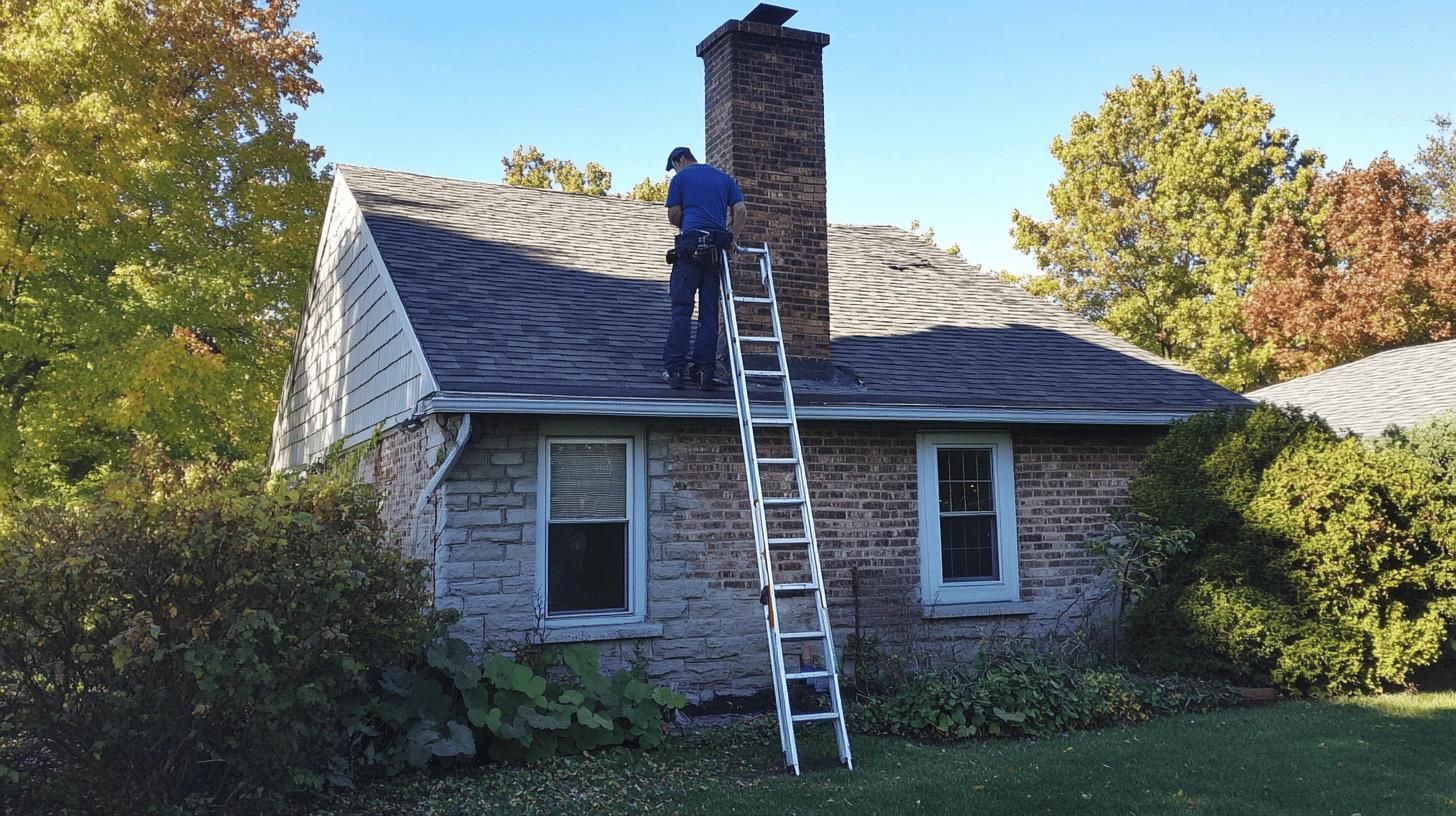
For homes with unique structures or water sources, specialized inspections uncover issues that could create significant problems if left unaddressed.
1. Roof Inspection
Roof inspections often identify leaks and unsecured shingles. Without prompt attention, these cause water damage, mold, and poor insulation, driving energy costs up. Over time, deficiencies may compromise structural integrity, incurring repair costs. Regular inspections prevent such effects and maintain condition.
2. Chimney Inspection
Chimney inspections focus on fire prevention and ventilation. They check for flue liners, blockages, and creosote buildup, posing fire hazards. Inspections assess chimney masonry to spot structural weaknesses. Ensuring a clear, well-maintained chimney protects from danger.
3. Well Water Inspection
For homes with wells, inspections ensure water safety and quality. Early problem detection means corrective measures preventing health risks. Inspections ensure safe, reliable water sources.
Incorporating these inspections provides significant benefits, helping to identify risks and contribute to property longevity and safety. Addressing unique concerns lets buyers make informed decisions and secure a sound investment.
Final Words
Exploring the various types of home inspections reveals their critical role in ensuring property safety, functionality, and value. From general home inspections that assess structural and system integrity to specialized checks for environmental hazards and pests, each inspection serves a vital purpose.
These inspections not only aid in decision-making during home purchases but also contribute to peace of mind for homeowners and investors alike. Check out Accurate Home and Commercial for various types of inspection you may need.
FAQ
Which home inspections should I consider when buying a house?
General inspections are crucial, covering structures, systems, and environmental hazards. Additional checks for pests, mold, and other specific concerns depend on the property's location and age.
What inspections are required when selling a house in California?
California sellers typically need general, pest, and roof inspections. Requirements may vary, so consulting local regulations or a real estate professional is recommended.
What are common things that fail a home inspection?
Failures often involve roofing issues, plumbing leaks, foundation cracks, faulty electrical systems, and pest damage. Addressing these problems early can prevent future complications.
What are the three main types of home inspections?
General inspections assess a home's overall condition. Structural inspections evaluate safety and integrity, while system inspections focus on electrical, plumbing, and HVAC components.
What types of issues are found during a foundation inspection?
Foundation inspections commonly identify large cracks, uneven floors, and water intrusion, impacting a property's value and safety. Addressing these promptly can ensure long-term stability.
